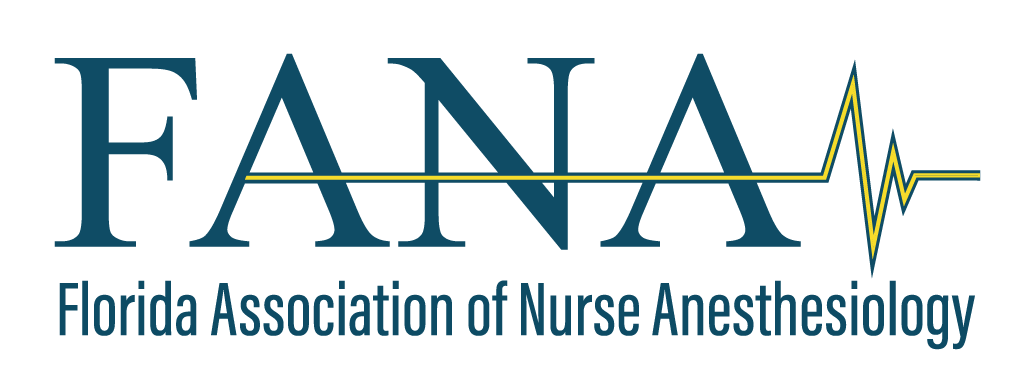HB 423 – ARNP/PA Controlled Substance Prescribing
HB 423 (by Rep. Pigman) was signed into law on April 14, 2016. This bill allows ARNPs and PAs to prescribe controlled substances under existing supervision and protocol requirements, and subject to a formulary to be developed by a committee under the Board of Nursing. The prescribing provisions of the bill take effect January 1, 2017 — this is the date that ARNPs may begin to prescribe controlled substances.
Formulary: The 7 member formulary committee will be made up of 3 ARNPs appointed by the Board of Nursing, three MDs or DOs recommended by the Board of Medicine, and a doctor of pharmacy recommended by the Board of Pharmacy. The committee will recommend a “formulary of controlled substances that an ARNP may not prescribe or may prescribe only for specific uses or in limited quantities.” Simply put, the formulary will list the controlled substances that an ARNP may not prescribe, or may prescribe subject to certain limits. The Board of Nursing is required to adopt the initial formulary recommended by the committee no later than October 31, 2016.
HB 423 contains several limitations on controlled substance prescribing:
- Prescriptions for Schedule II controlled substances are limited to a 7-day supply, except for psychiatric medications prescribed by a psychiatric nurse.
- Psychiatric medications for patients younger than 18 years old may only be prescribed by a psychiatric nurse.
- An ARNP must have a master’s degree or doctorate to prescribe controlled substances.
The law does not change what CRNAs can do now: FANA was able to obtain an amendment that makes it clear that the formulary does not apply to controlled substances ordered by a CRNA for preanesthesia, anesthesia and post-anesthesia purposes – in other words, the formulary will not limit the medications that CRNAs can order and administer for anesthesia purposes under current law.
Continuing Education: HB 423 requires that as part of the existing continuing education requirements for ARNPs, 3 hours of continuing education every two years must be devoted to “the safe and effective prescription of controlled substances.” AANA is listed as an approved provider of continuing education for this purpose
Other Changes: HB 423 makes several other changes to the Nurse Practice Act and other health care statutes:
- The bill deletes current language in the definition of “advanced or specialized nursing practice” [section 464.003(2), Florida Statutes] concerning the “joint committee” of the Boards of Nursing and Medicine. Under current law, an ARNP may perform advanced level nursing acts as well as acts of “medical diagnosis and treatment, prescription and operation” which are identified and approved by the joint committee. The joint committee is made up of three ARNPs appointed by the Board of Nursing, three members appointed by the Board of Medicine, and the State Surgeon General or designee. However, the joint committee has not met for many years, and the only “medical act” the joint committee ever approved to be performed by ARNPs is prescribing non-controlled medications, in 1987. Under the revised definition of advanced practice nursing in HB 423, ARNPs will be able to perform advanced nursing acts and “acts of medical diagnosis and treatment, prescription and operation as authorized within the framework of an established supervisory protocol.”
- The bill adds several disciplinary provisions for ARNPs to the Nurse Practice Act pertaining to prescribing controlled substances. These are the same as the disciplinary provisions that now apply to physicians.
- The bill adds ARNPs and PAs to the definition of “practitioner” in Chapter 893, Florida Statutes (controlled substances act), making it clear that ARNPs and PAs are authorized to prescribe controlled substances. The bill also adds ARNPs and PAs to several other statutes related to prescribing controlled substances.
- The bill amends the statutes concerning “formal supervisory relationships” for MDs and DOs [sections 458.348 and 459.025, Florida Statutes] to delete most references to the joint committee of the Boards of Nursing and Medicine.
- The bill revises the current language in the law governing pain management clinics to state that only MDs or DOs may dispense or prescribe controlled substances in a pain management clinic. The current law states that “a person may not dispense any medication on the premises of a pain management clinic unless he or she is an MD or DO.”
- The bill adds language to an insurance law [section 627.42392, Florida Statutes] requiring health insurers that do not use an electronic prior authorization form to use a form approved by the state Financial Services Commission.




